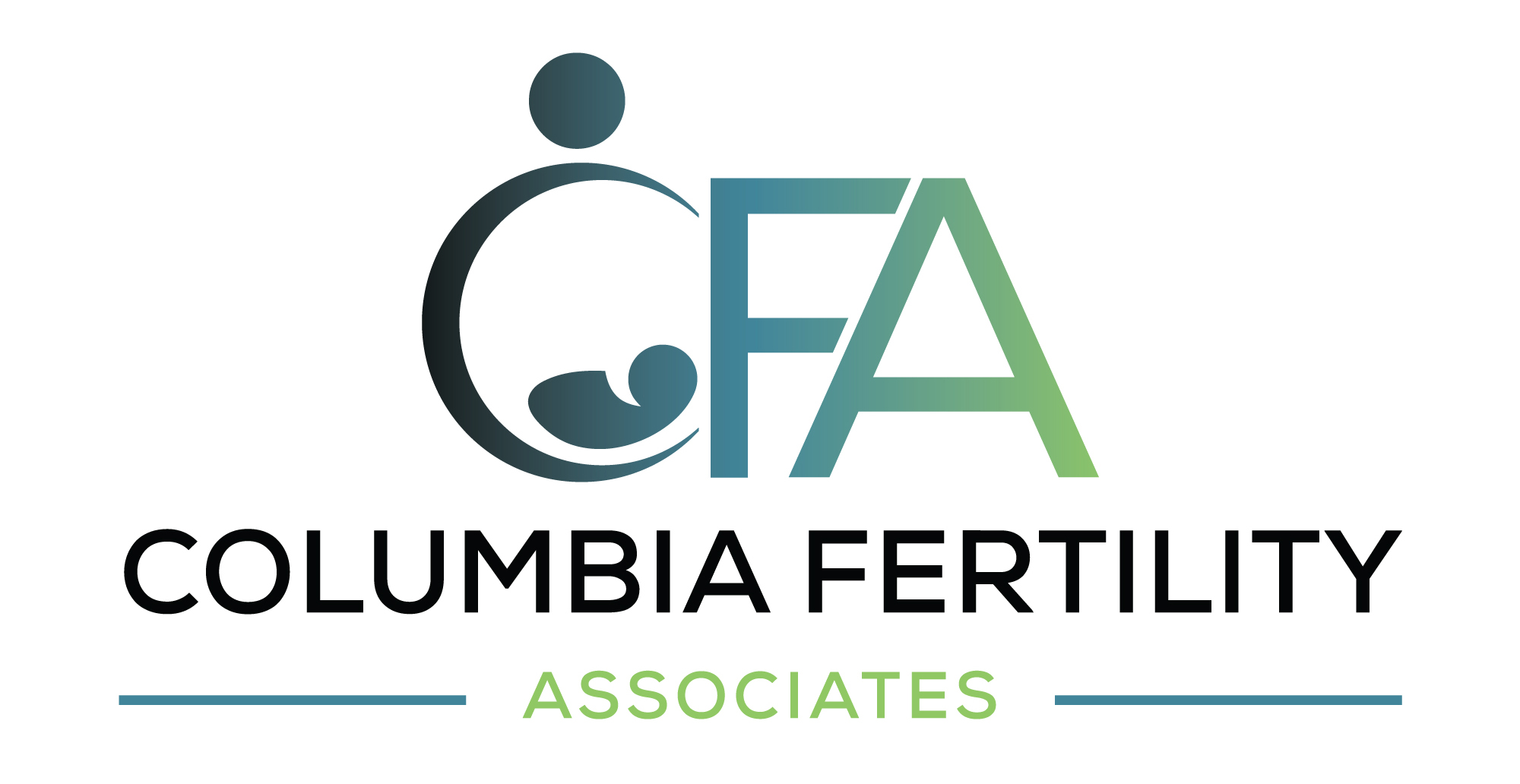When you think about unbalanced hormones, you probably think about older women who are going through perimenopause or menopause. But your hormones can shift out of balance during any stage of your life. Because your hormones control so many of your body’s functions — including reproduction — too much or too little of them can cause a variety of unpleasant symptoms.
At Columbia Fertility Associates — with offices in Washington, DC, Bethesda, Maryland, and Arlington, Virginia — your doctor tests your hormone levels if you haven’t become pregnant after having unprotected sex for one year (if you’re under 35) or six months (if you’re over 35).
However, infertility is just one sign that your hormones may be unbalanced. Following are the hormones that are essential to female health and some of the symptoms that too much or too little of them can cause.
Estrogen
The estrogens — estradiol, estrone, and estriol — control the timing of your menstrual cycle. If you have more estrogen than normal, you may have trouble predicting ovulation, which complicates conception.
Signs that you have too much estrogen include:
- Weight gain
- Excessive body or facial hair
- Hair loss on scalp
- Heavy menstrual bleeding
- Irregular periods
- Insomnia
- Fatigue
- Mood changes
- Loss of libido
Too much estrogen can also cause you to develop fibroids or cystic breasts.
Progesterone
Sometimes called the “happy hormone,” progesterone helps your uterus build a nourishing lining for a potential baby and also regulates your mood. If your levels of progesterone are low, you may experience:
- Abnormal menstrual bleeding
- Skipped or irregular periods
- Spotting and pain during pregnancy
- Frequent miscarriages
- Decreased libido
- Weight gain
- Mood changes
Low levels of progesterone can raise your levels of estrogen, too.
Luteinizing hormone
Your pituitary gland produces luteinizing hormone (LH), which in turn produces estradiol that signals your body to ovulate. If your levels of LH are low, you may ovulate irregularly or not at all. If you have too much LH, you may be infertile or develop polycystic ovary syndrome (PCOS).
Follicle-stimulating hormone
Follicle-stimulating hormone (FSH) works hand in hand with LH to trigger ovulation. FSH also helps your eggs develop and mature. Too little or too much FSH can also cause your menstrual period to be irregular and may make you infertile.
Testosterone
Yes, women have testosterone, even though it’s often referred to as a “male” hormone. Testosterone helps keep your libido high and healthy. If you’ve lost interest in sex, or if it’s become painful or uncomfortable, you may have low testosterone.
Some symptoms of low testosterone are:
- Vaginal dryness
- Osteoporosis
- Infertility
- Painful sex
Excess testosterone can cause PCOS and may lead to unpleasant symptoms such as:
- Increased facial and body hair
- Scalp hair loss
- Weight gain
- Acne breakouts
High levels of testosterone can also cause you to develop male secondary sex characteristics, including a deeper voice.
Cortisol
Often called the “stress hormone,” because it’s released as part of the fight-or-flight response, cortisol also affects your blood sugar levels and sleep.
Too much cortisol can lead to:
- Anxiety and depression
- Weight gain
- Headaches
- Trouble sleeping
- Trouble remembering or concentrating
- Digestive issues
Too little cortisol can cause weight loss and fatigue.
Treating hormonal imbalances
Your hormones all affect one another. If one hormone is out of balance, the others may be, too.
Sometimes hormonal imbalances are caused by being overweight or not getting enough exercise. Depending on the results of your blood test, your Columbia Fertility Associates doctor may recommend lifestyle changes to balance your hormones, such as:
- Eating more vegetables, fruits, and other whole foods
- Cutting out sugar, refined carbohydrates and processed foods
- Adding more exercise and activity to your daily routine
- Losing weight
They may also recommend hormone replacement therapy (HRT) to balance your hormones. Depending on your needs, you could benefit from a short course of hormonal contraceptive therapy to get back into balance.
They may also recommend bioidentical hormone therapy (BHRT), which is a customized preparation that’s compounded in a pharmacy to match your particular needs. You may take BHRT in topical forms or as a pellet that’s inserted under your skin.
To find out if you’d benefit from BHRT or other therapies to increase your fertility and subdue unpleasant symptoms of hormonal imbalance, contact our team at Columbia Fertility Associates. Phone the office nearest you or fill out our handy online booking form.








